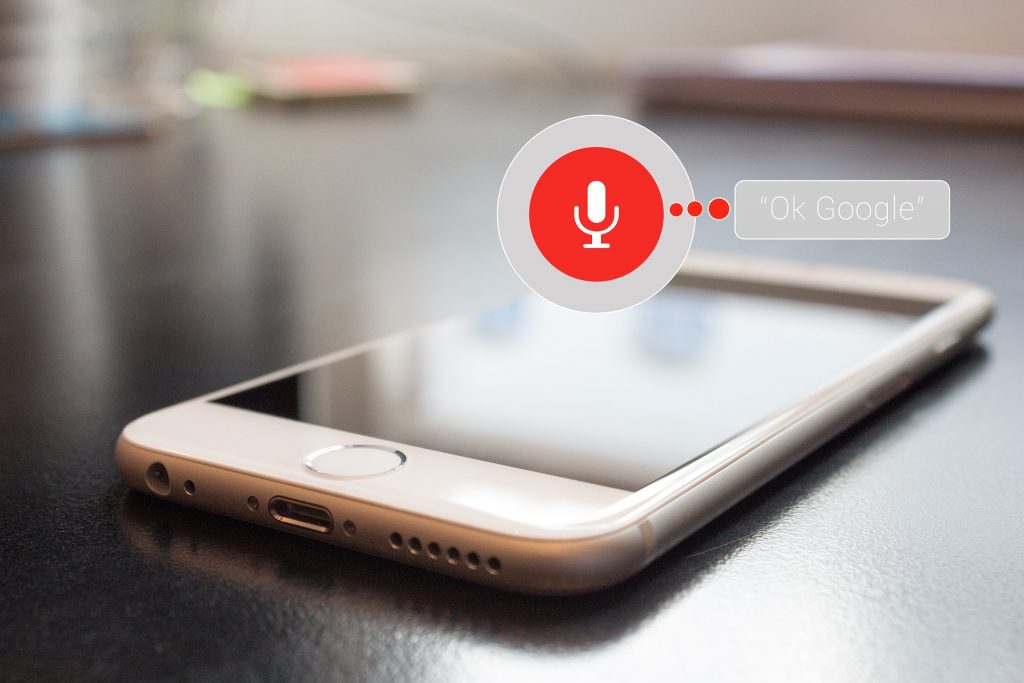Are companies like Amazon and Google really protecting our privacy? When it comes to these tech giants avid for tons of personal data, it is crucial we ask this question and find the correct answers. Our constitutional right to privacy may be at risk.
To start with, there are some major privacy concerns regarding Ring, Amazon’s doorstep surveillance system. This year, a public scandal broke out due to the company’s policy of sharing people’s doorbell camera footage with the police. People believe they are buying a security device. But in reality, it’s another surveillance system, a spy that discloses private footage with law enforcement agencies. Amazon alleges that these partnerships have made neighborhoods safer, but experts find there isn’t enough evidence to show that video doorbells have had any real effect on property-theft rates.

Tech giants’ strategy behind voice assistant eavesdroppings
The privacy controversies don’t stop there. Alexa, its voice assistant, received accusations for listening in on private conversations. The device records them in its system and then gives the police access to them. The same goes for Google Home. In theory, these gadgets activate only when they hear their “wake word”. For Amazon’s Echo, it’s “Alexa”, for Google Home, it’s “OK, Google”. However, some studies suggest that they can be awake even when users think they aren’t listening.

The strategy behind eavesdropping is to use this data to build user profiles and sell them products. For instance, Amazon filed a patent application for an algorithm that lets Alexa identify statements of interest, such as “I love biking”. This enables the speaker to monitor people’s interests and target them for advertising. So these devices, camouflaged as smart tech, are actually surveillance equipment. They intend to collect massive amounts of information for intrusive digital advertising. This data includes search terms, browsing history, online purchases, social media likes, video playlists, location history, voice requests, calendar events, private emails, or message- the list is infinite. Advanced machine learning algorithms analyze this data to capture incisive insight into people’s personality traits and preferences. These tech giants then sell it as a commodity to third parties such as advertisers and government agencies.
Amazon nudges its way into the health industry
Another area Amazon is also trying to tap into is the health industry. Last year, it signed a deal with the UK’s National Health Service (NHS) for it to provide medical advice through the Echo. For now, it is simply a way of extending already publicly available information, available on the NHS website or phone line 111. There is no sharing of patient data. However, it does open the opportunity for Amazon to start tracking what health information people ask for through Alexa and effectively create profiles of users’ medical histories.
This data has many possible uses. For example, to offer online shopping suggestions, third-party ads for expensive therapies, or even ads that are very unfortunate. Think about women who have just gone through a miscarriage and begins to receive baby product publicity. If this were to happen, it would violate the professional and moral standards that health services supposedly stand by. How would users’ react to a random third party knowing about their sexual health advice requests?
Transparency issues
Underlying these privacy issues is also a lack of transparency. Amazon is particularly quiet and evasive when it comes to giving answers to the privacy implications of its practices. Even tech experts don’t fully understand the extent of the privacy risks. The company often communicates new privacy features to its users, like Alexa’s delete everything I ever said command, once researchers or the press have raised the issue.
The important question is: should people bring these devices into their homes? Although voice assistants make people’s digital lives easier, there certainly is a trade-off with regards to personal data. However, through a combination of security settings and responsible privacy practices- setting voice recordings to automatically delete- users can minimize the amount and kind of data they share with these companies. Still, users need to be fully aware that these tech giants are data-hungry monsters always seeking the opportunity to get inside their personal lives.
















